- Home
- Is Bingo Considered Gambling?
Is Bingo Considered Gambling?
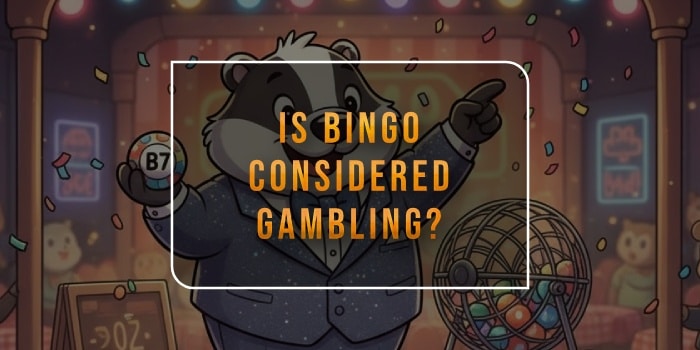
Bingo is often played in a social setting, but this has not changed the fact that it often involves the exchange of money, which is the very definition of gambling. The prize is generated by other people’s losing entry fees, and thus, bingo is not really all that different in principle than progressive jackpot games, for example.
But does it truly constitute gambling? Well, bingo occupies an interesting intersection of gambling and social experience.
It is generally seen as harmless enough to be allowed, and it is not a high-paced form of play, especially when conducted at a land-based venue. Therefore, bingo benefits from a number of exemptions that allow it to exist even though gambling may be prohibited.
How Is Bingo Like Gambling?
To begin with, bingo is definitely a form of gambling activity. It is just generally tied to harmless fun or social senior gatherings, more so than an activity where money-hungry casinos egg on players to spend hundreds of thousands of dollars.
In fact, bingo is often portrayed as an activity fit for elderly people, although the game itself appeals to broad demographics. Its key similarities with gambling, however, are unmistakable, and they include:
- You need to stake personal money to enter
- There is a prize to be claimed (usually the result of other people’s losses)
- Outcomes depend mostly on chance, and you cannot strategize too much
- Potential to turn a profit if you are lucky
In every way that matters, bingo is indeed a form of gambling.
Yet, it clashes with the unique perception that it is conferred onto the activity by officials and players – it’s more of a community-oriented activity and, one may argue, a socially acceptable form of gambling which surprisingly bears none of the stigma other forms of gambling, such as slots and cards, are usually associated with.
The Legality of Bingo in US States That Prohibit Gambling
Bingo is an interesting outlier when it comes to gambling activities. As mentioned earlier, although bingo clearly falls under the category of gambling, it holds a unique status even in the most conservative states that take a dim view of games of chance.
The activity is allowed well across the United States, including in states that prohibit other forms of gambling. In Texas, for example, charitable bingo is permitted. This pretty much includes all the rest of the states, which also allow bingo as an acceptable form of gambling.
However, it’s worth noting that some states may specifically tie the legality of lingo with charitable activities run by nonprofits and veterans’ organizations, which have a clear commitment to doing social good.
While participants still stand to win financially, the contributions are channeled into a meaningful social activity, satisfying the itch to win a real prize while contributing to something that benefits the community as a whole.
There are some exceptions, of course. Utah and Hawaii, for example, continue to ban bingo to this very day, agreeing that it is a form of gambling activity. Overall, though, you can rest assured that playing bingo physically in the United States is mostly legal.
Exceptions for Online Bingo?
While land-based bingo is generally considered legal, online bingo is less so. Laws that usually exempt charitable bingo activities and brick-and-mortar hosting of such games are adamant against interactive gambling, and this includes bingo. In other words, if your state does not regulate online gambling, chances are that you cannot legally play bingo online.
How Does Bingo Compare to Other Casino Games?
Bingo is still a form of gambling, as we have determined. The exchange of money, despite the low-risk nature of this exchange, does not exempt the activity. In states such as Utah and Hawaii, which prohibit charitable gambling activities, bingo is naturally banned.
Compared to other casino games, bingo holds the potential for much smaller rewards and prizes. Even in outside cases, the prize pools seldom cross $250, although some halls may seek to drive up participation by offering progressive jackpots up to $15,000, for example.
Bingo is also different from other games in one very important way. It has a very small buy-in, and this buy-in secures you at least several participations, usually more than 10. Each game of bingo can last up to 10 minutes, and the buy-in usually costs between $2 and $10, although higher ranges do exist.
In other words, the pace of play is very slow, and once you pay the buy-in, you are virtually not risking money any longer while getting a lot of play time. Of course, this is not to say that bingo is not without its risks, especially if indulged in to an extreme.
Can You Develop a Problem Gambling from Bingo?
Technically, yes. Any form of gambling could lead to a gambling disorder. While bingo itself is considered a low-risk activity, it usually involves small amounts of money, takes a while to produce a result, and is generally more logistically-heavy; it can still be a gateway activity into other forms of gambling and thus a predictor of gambling disorder.
Of course, the instances of this happening are hard to pinpoint, as bingo is not associated with gambling-related harm in general. Even then, it’s important to remain vigilant and ensure that bingo is not normalized among young people, for example.
Many people tend to buy lottery tickets as a gift to young children, which could have adverse effects on their relationship with gambling later in life.
Bingo Gambling FAQs
Is bingo legal to play where I am based?
Yes, chances are that physical bingo is legal where you are based. Many US states allow bingo, especially as a charitable activity hosted in person. However, online bingo is still mostly prohibited across the country.
Is bingo really gambling?
Yes, there is no doubt that bingo is gambling. It is generally perceived as a “harmless” way to gamble; however, because of the strong communal element and engagement it drives, and is used to raise funds for various social causes.
Can I become addicted to bingo?
Yes, you could. While it is still incredibly unlikely for this to happen, bingo is a form of gambling and needs to be taken with a grain of salt. The good thing about bingo is that it usually takes a while longer to play, and costs much less, making it hard to get addicted to.
Yasmin is an accomplished iGaming and gaming journalist with over 10 years of experience writing for various publications. Her expertise spans the entire iGaming sector, traditional sports, and online poker. Yasmin's comprehensive knowledge of online gaming adds significant depth to our coverage, making her an invaluable asset to our team.
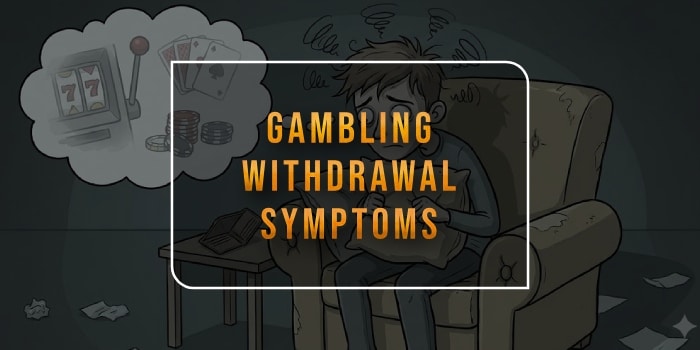
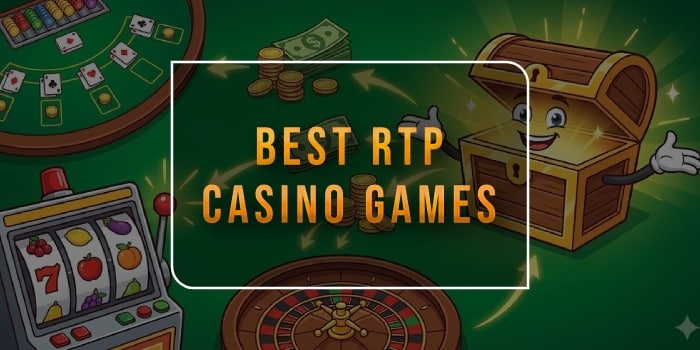

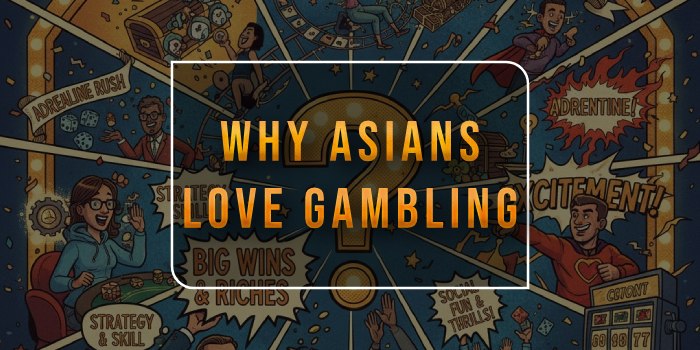
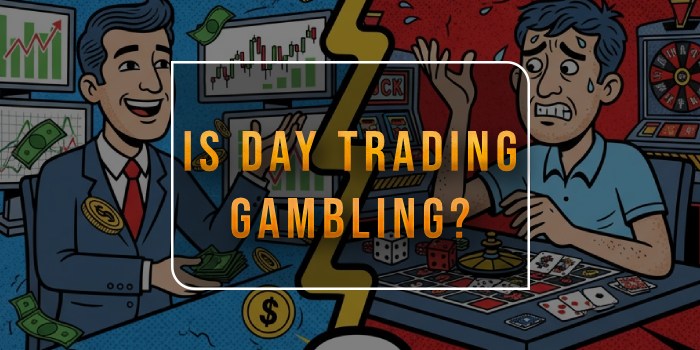
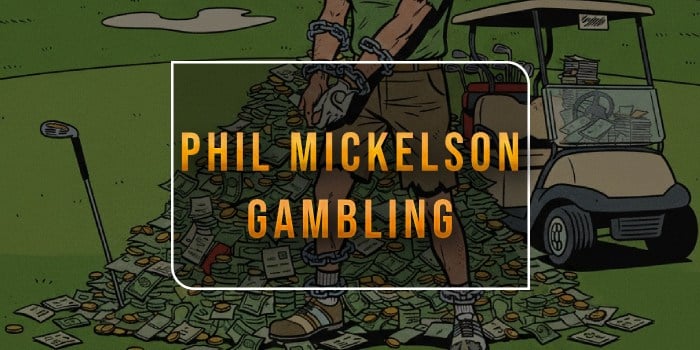
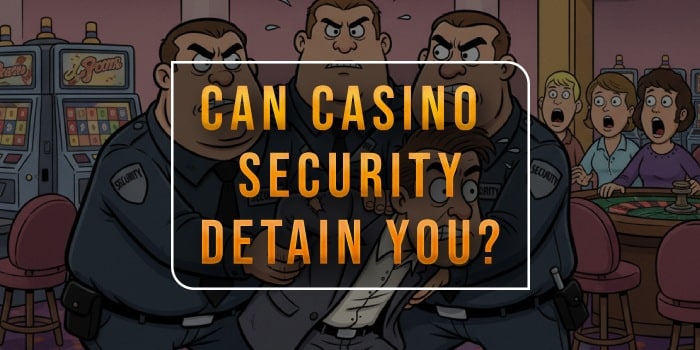
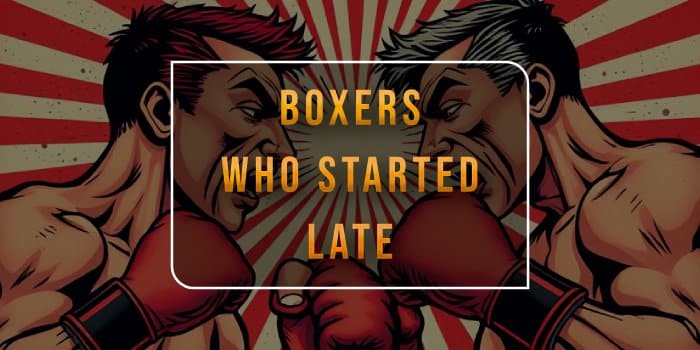
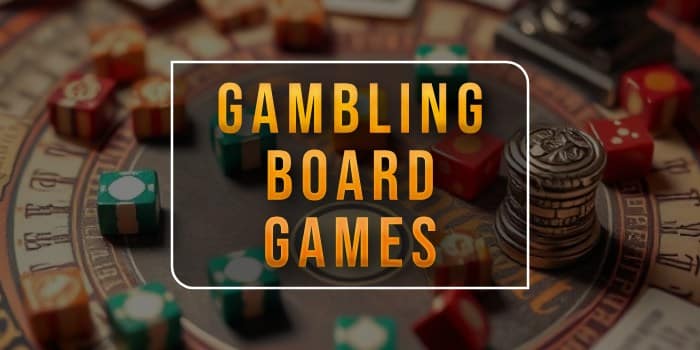

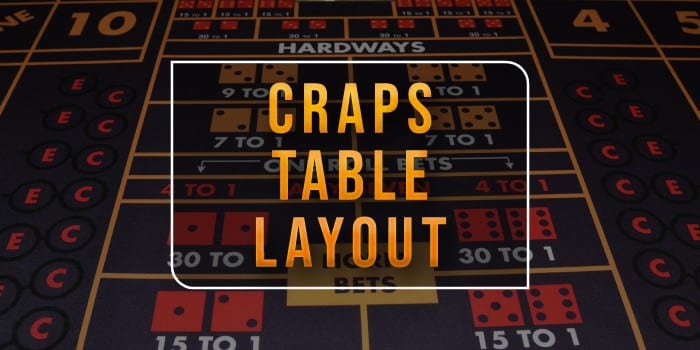

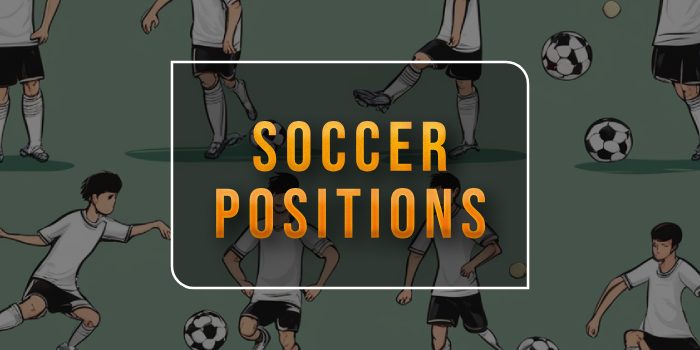


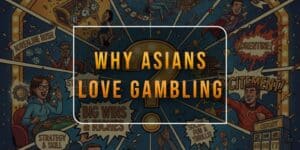

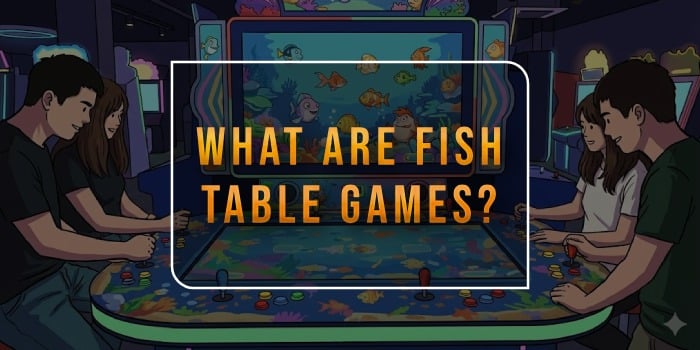
1 Comment
Thank you for addressing Bingo! As someone who speaks to the public about problem gambling issues, so often games, such as bingo, are dismissed as inconsequential. If it is fun, social, recreational and occasional, enjoy! But, it also can become a problematic activity like any other form of gambling. It is not ‘innocent’.